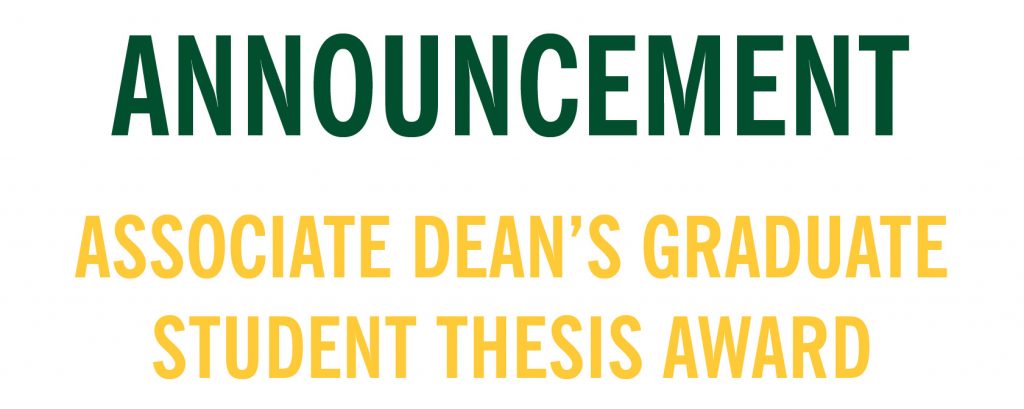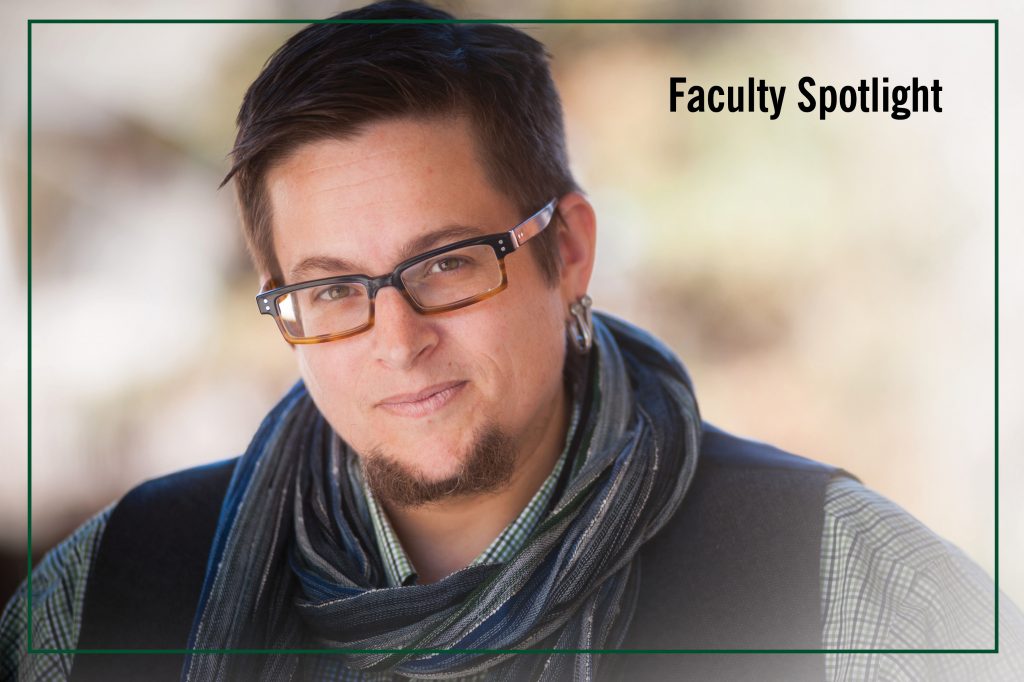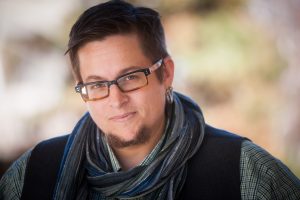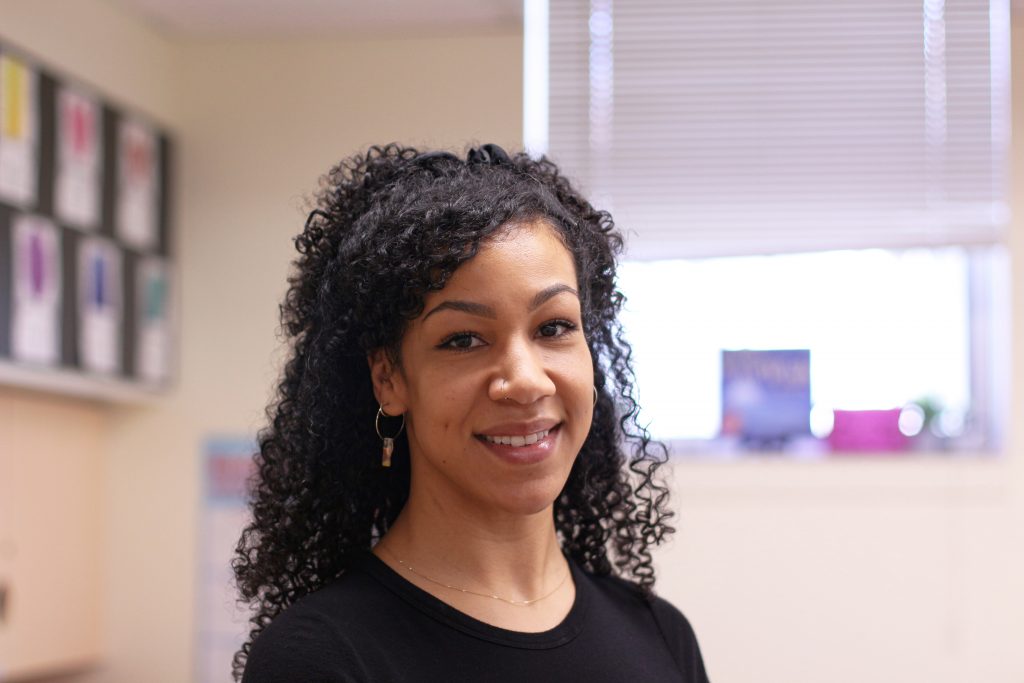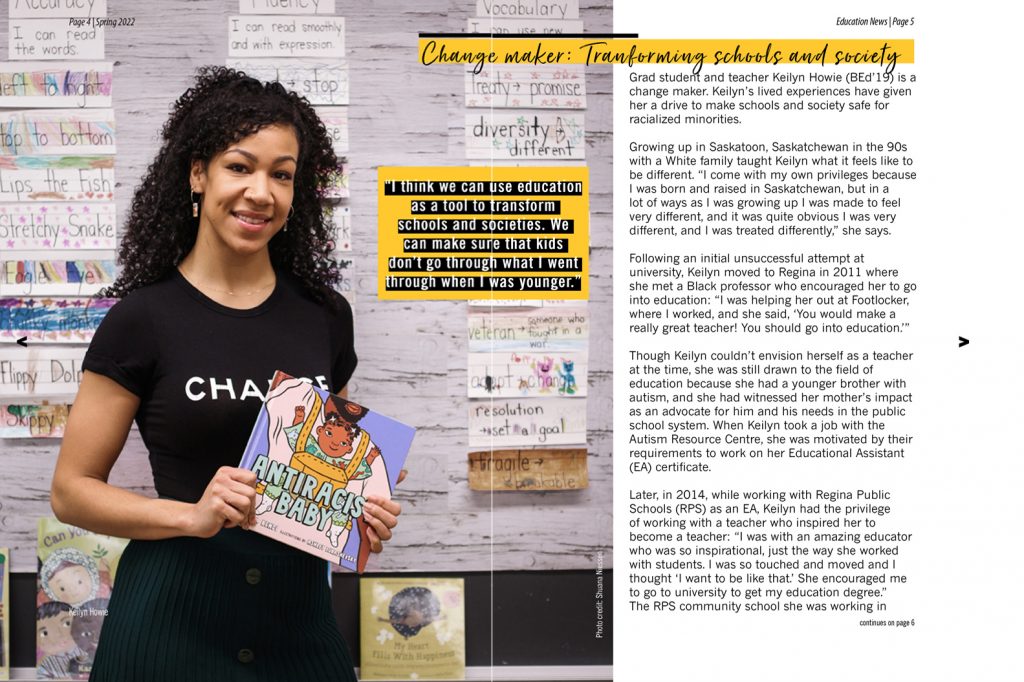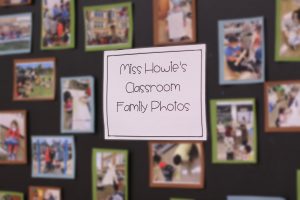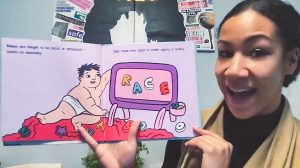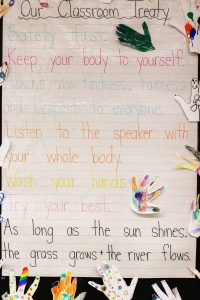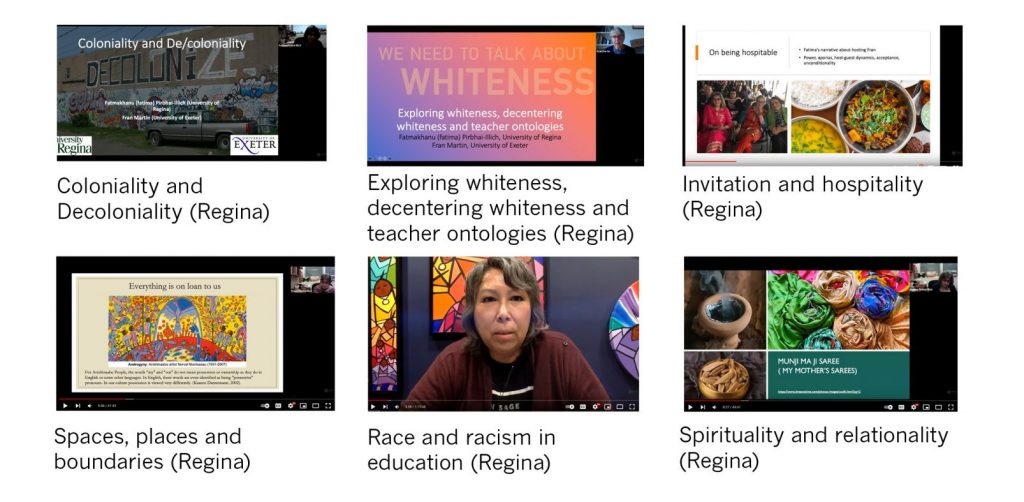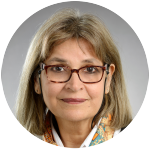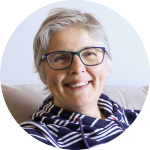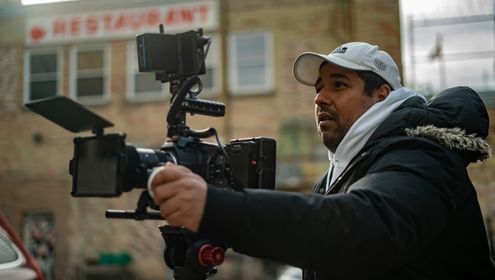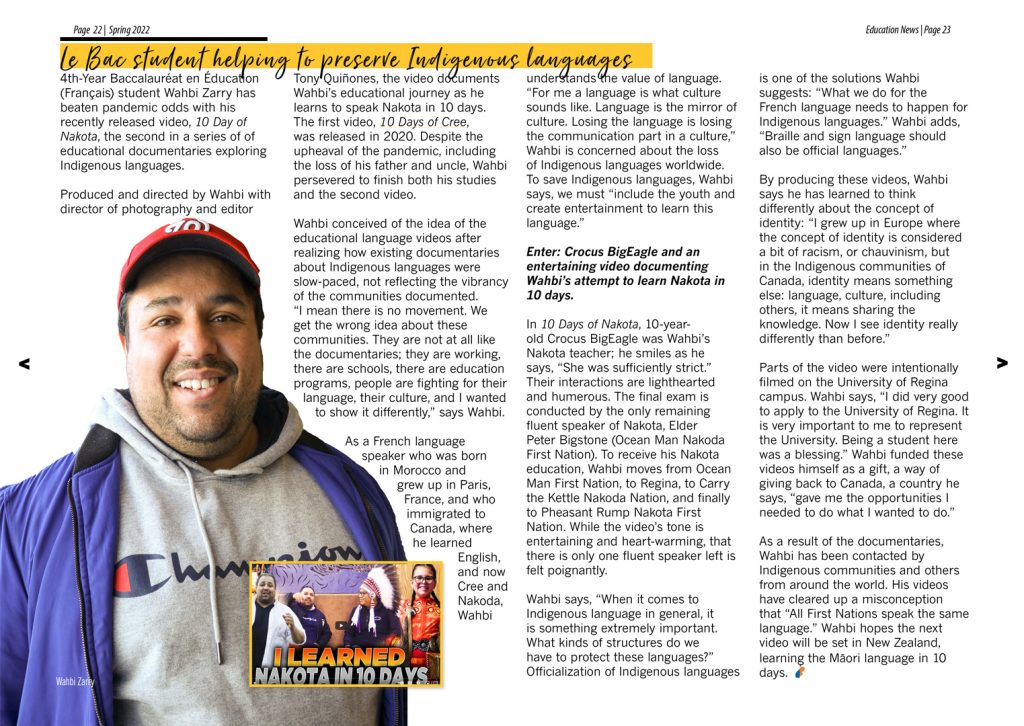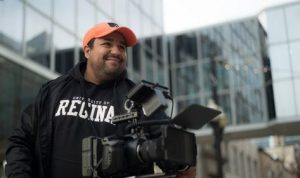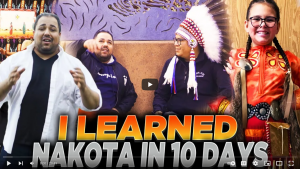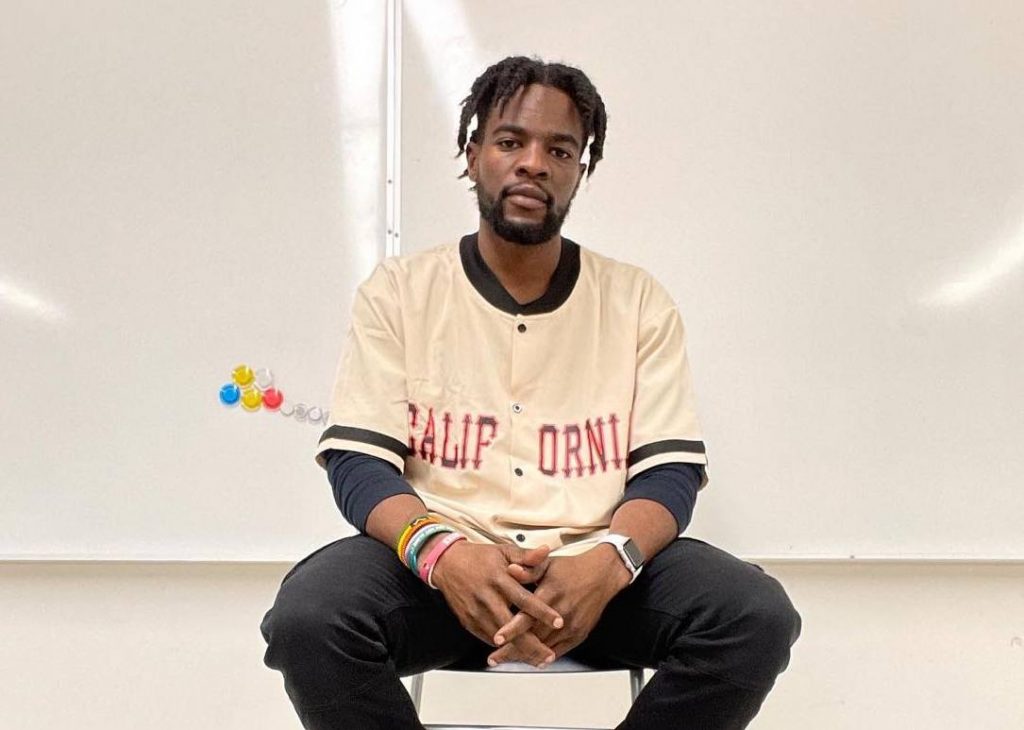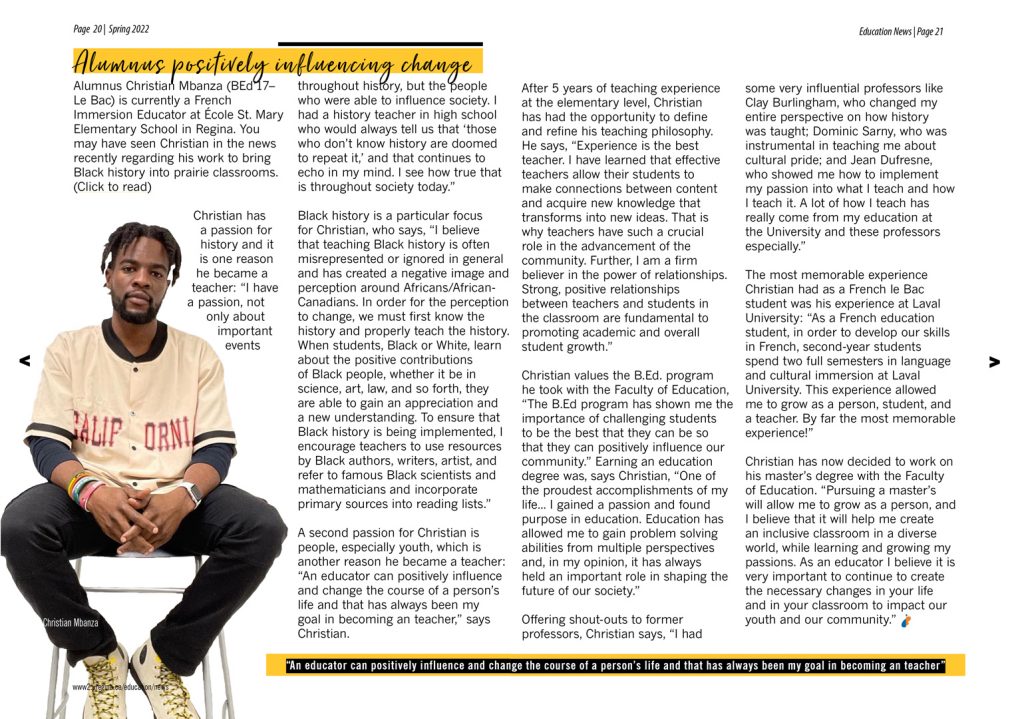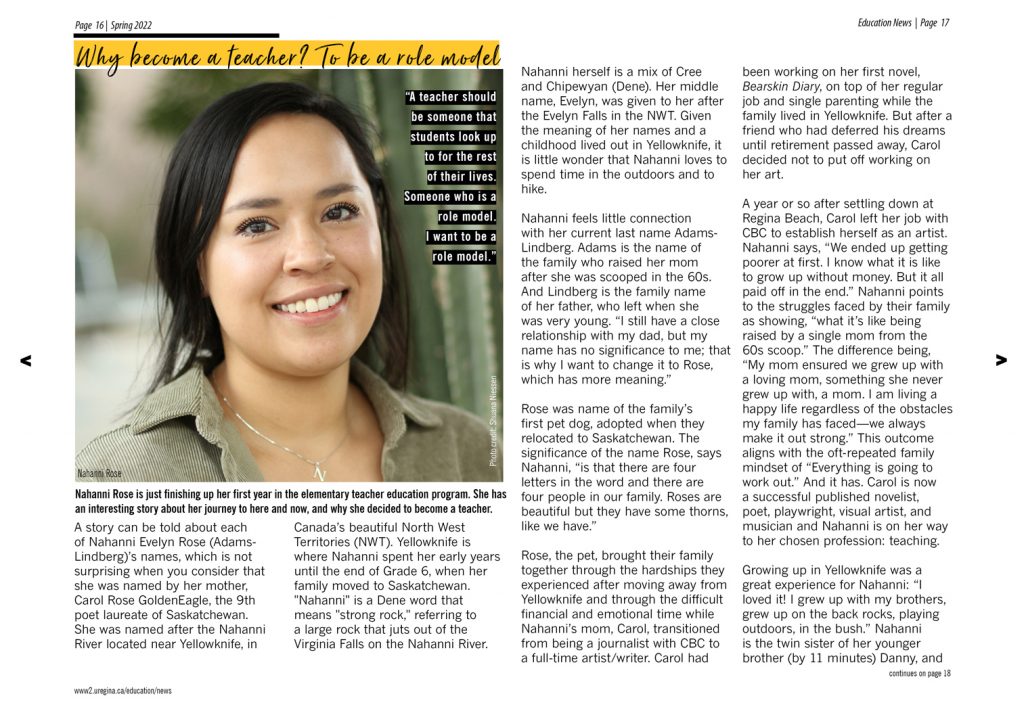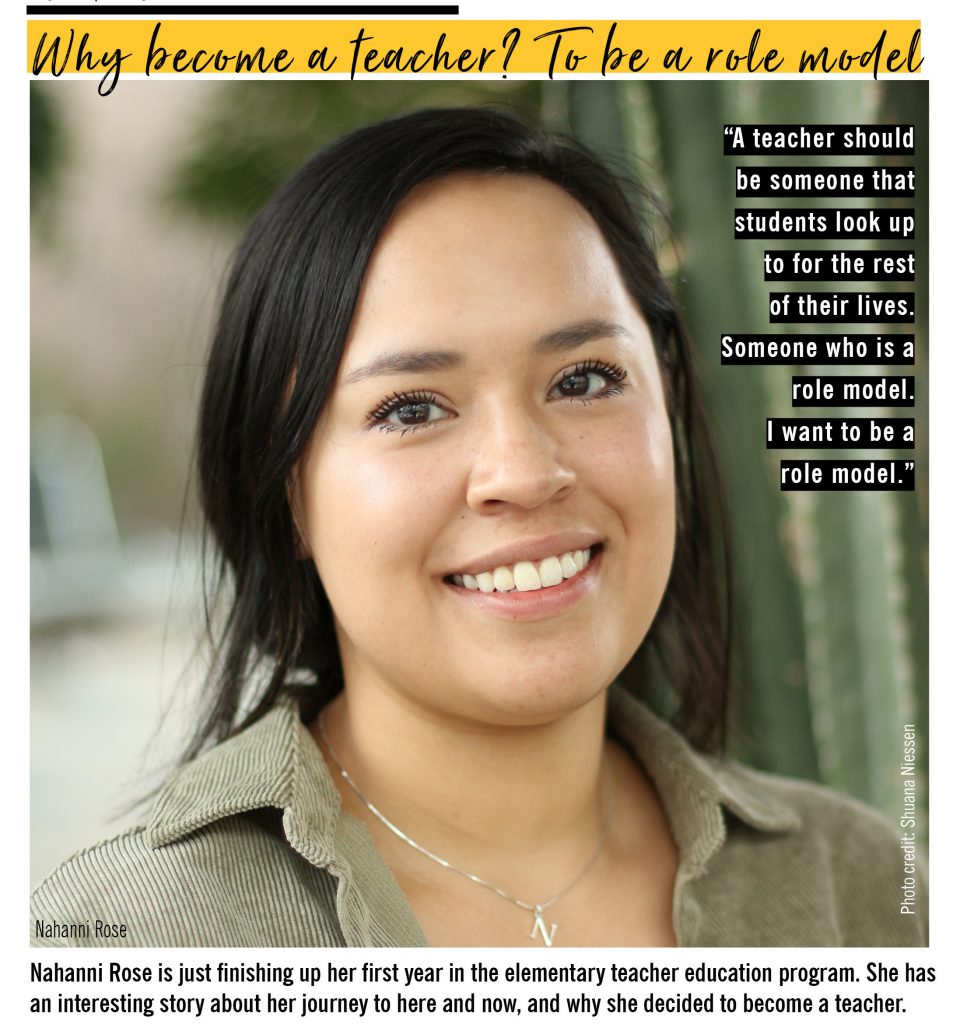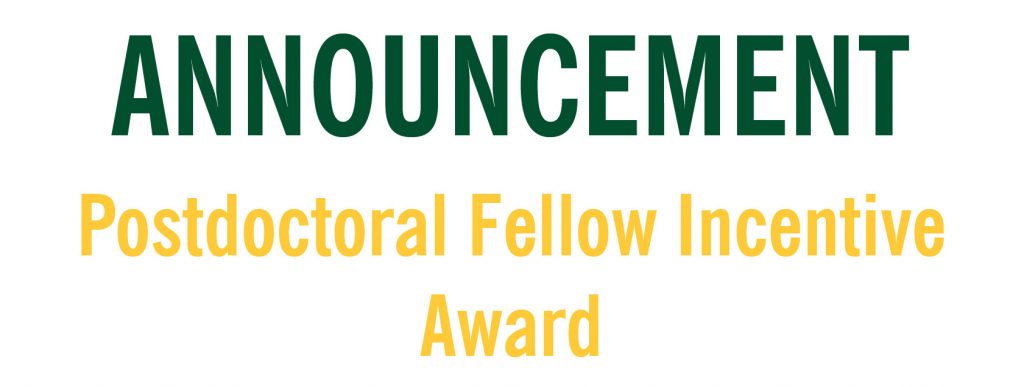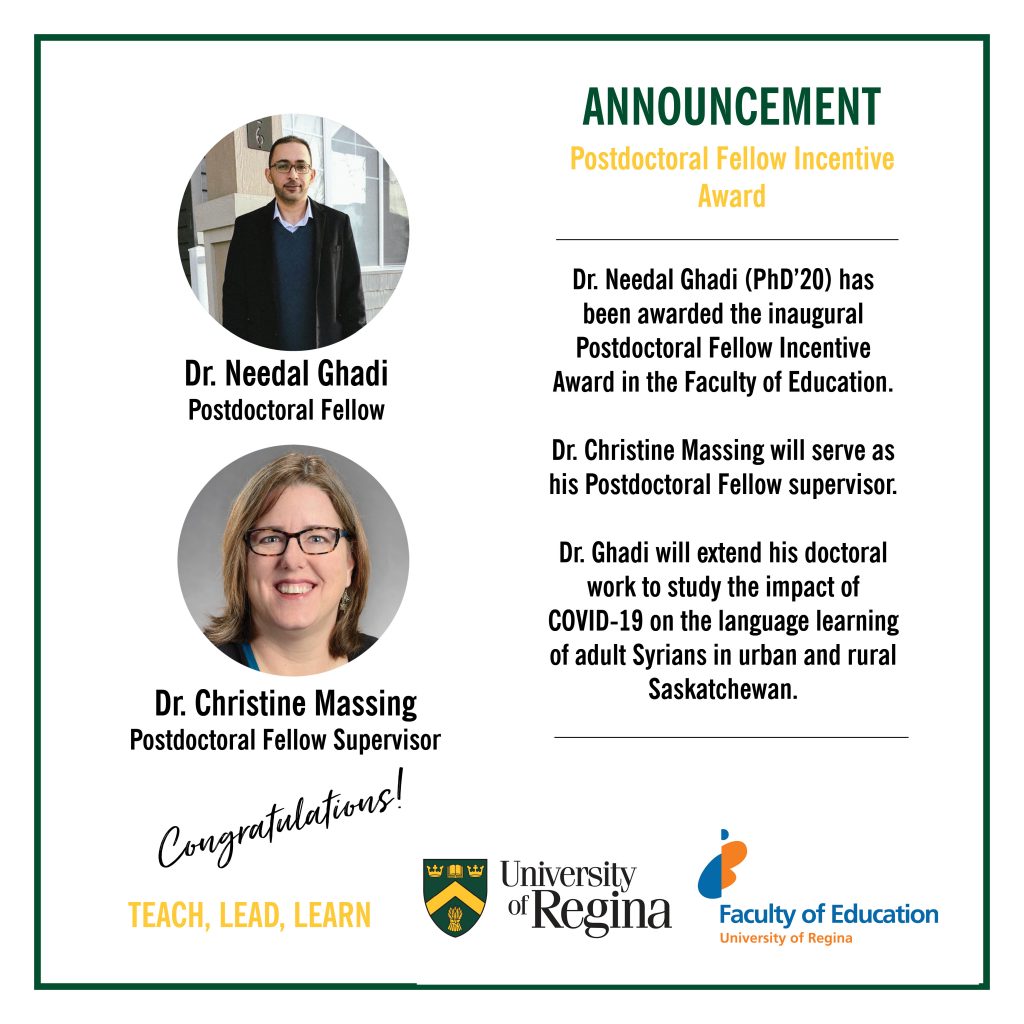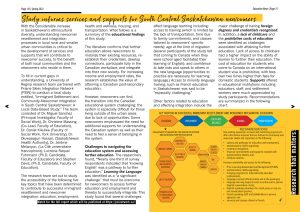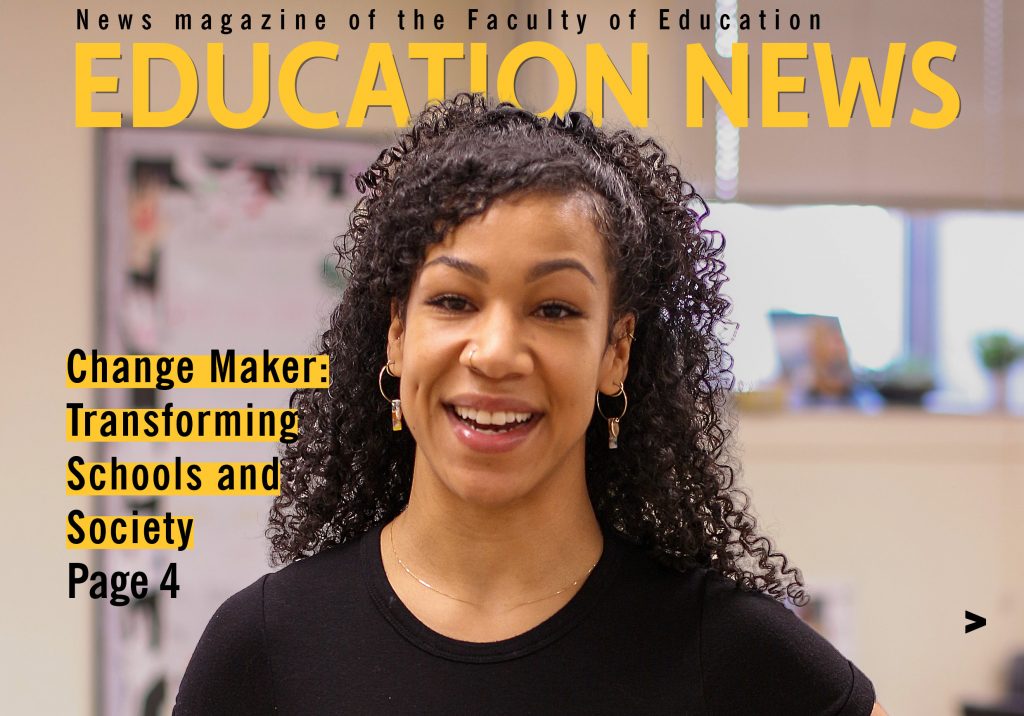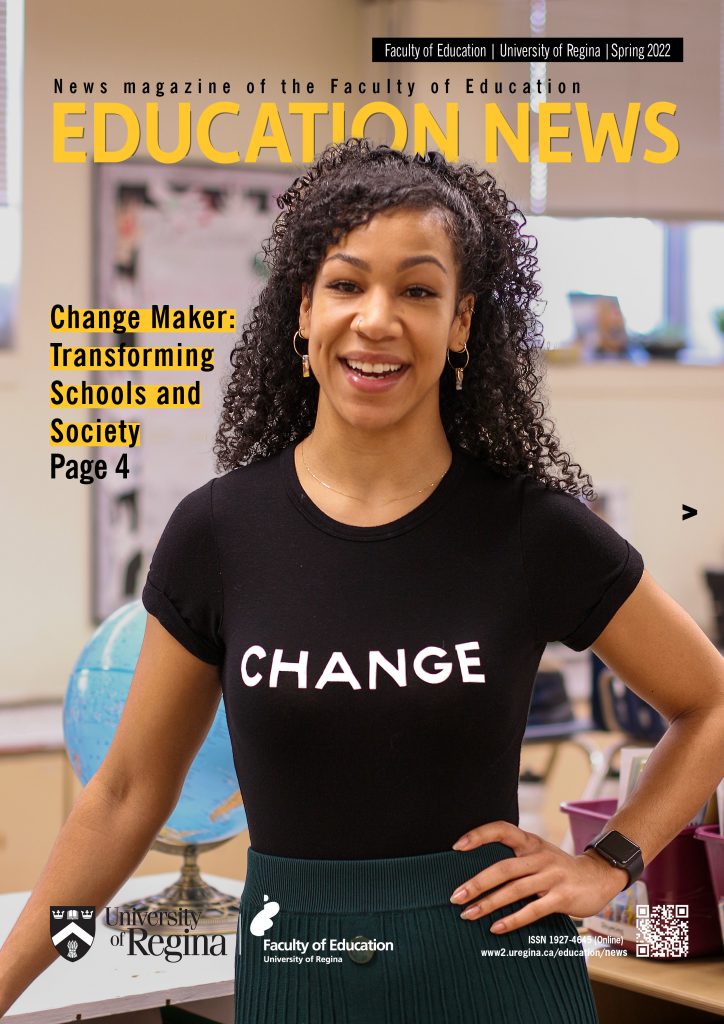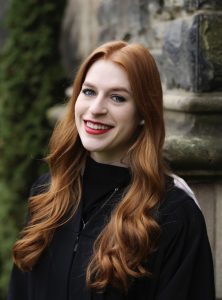
Congratulations to Kelsey Mooney (M.Ed.’22), one of two recipients of the fall 2022 Faculty of Education Associate Dean’s Graduate Student Thesis Award and also the Faculty of Education’s nominee for the President’s Distinguished Graduate Student award at the fall 2022 convocation.
The Faculty of Education Associate Dean’s Graduate Student Thesis Award was established in 2021 to recognize outstanding academic performance of thesis-based graduate students (Master’s and PhD) in Education. This $2,000 award is granted to a student in a graduate program in the Faculty of Education who has exemplified academic excellence and research ability, demonstrated leadership ability and/or university/community involvement, and whose thesis/dissertation was deemed meritorious by the Examining Committee.
Mooney successfully defended her thesis titled, “A Community-Based and Mixed-Methods Approach to Exploring the Dove Confident Me Five Session Body Image Intervention in a Holistic School Classroom on July 19, 2022. Her Supervisor was Dr. JoLee Sasakamoose and Committee Members were Dr. Twyla Salm and Dr. Mamata Pandey (Sask Health Authority). The External Reviewer was Dr. Caroline Pukall (Queens University) and Chair was Dr. Amber Fletcher (Dept. of Sociology & Social Studies).
Research Story:
From a young age, Kelsey Mooney has dreamed of becoming a psychologist. To this end, after graduating from high school in her home town of Watrous, she completed her undergraduate degree, an Honours Bachelor of Science (with a Psychology Specialist, Criminology Major and a Sociology Minor), at the University of Toronto.
With a desire to return home to be closer to family and friends, Mooney moved back to Saskatchewan to continue her educational journey. However, Mooney felt some uncertainty about which route she should take to further her education: “I was uncertain on whether clinical or educational psychology was the right route for me, so I applied to both clinical and educational psychology programs and was admitted to the Educational Psychology program at the University of Regina in 2020. I chose the thesis route specifically because I wanted the option to potentially pursue a doctorate degree in the future and knew that completing a master’s thesis would prepare me well for doctoral research,” says Mooney.
The idea for the topic for her thesis took root in the first year of Mooney’s M.Ed. program. Growing up heavily involved in the world of dance as a competitive dancer and dance teacher, Mooney says, “I have witnessed many ways that an individual’s feelings about their body and self-esteem can influence their mental well-being. Because of these experiences, I have had a longstanding interest in promoting body confidence and self-esteem.”
In a Counselling Girls and Women course taught by Dr. Bree Fiissell, Mooney says, “We often discussed topics such as self-esteem, body confidence, body image, and the impact of the current societal emphasis on appearance on how women and girls feel about themselves. Through these discussions, I became further interested in how body confidence could be promoted to prevent the development of mental illnesses such as eating disorders, depression, or anxiety. Because of my longstanding interest in body image and confidence, I began to look into how I could transition these interests into my own research and that is how I landed on my own thesis project where I explored the effects of the Dove Confident Me program aimed at improving body confidence in adolescents.”
Through her research on the effects of the Dove Confident Me program, Mooney discovered “a gap in gender inclusivity, which may limit the ability for the program to improve self-esteem and body confidence. These findings were unexpected, but they identified an important gap in body-based education programs that needs to be addressed to ensure these programs are actually meeting the needs of adolescents struggling with body confidence today.”
This unexpected finding changed the course of her entire thesis. Mooney says, “I think this goes to show that even when research doesn’t go as planned, there is a lot of value in exploring where the research takes you to ensure meaningful results to this field of research.” Identifying this lack in the program ended up being the high point of the research process. Mooney says, “The highlight for me came at the end of my data analysis phase when I was able to recognize that even though the project did not go as planned, we were able to identify a really important issue and gap that is currently not being pursued in research in this area.”
As a recommendation from her findings, Mooney says, “If researchers or educators wish to improve body confidence in their classrooms and adolescents today, we have to pay close attention to the gender dynamics of these classrooms and ensure the material being taught is not promoting the exclusion of any individual’s gender identities.” Mooney hopes that her research will “prompt a larger discussion on how teachers, researchers, and intervention developers can promote inclusivity and create a positive environment for adolescents in their classrooms.”
As for future plans, Mooney recently began her first year at the University of Saskatchewan as a student in their 5-year Clinical Psychology MA/PhD Transfer program. She says, “My plan for the future is to obtain my doctorate degree and practice as a clinical psychologist.”
